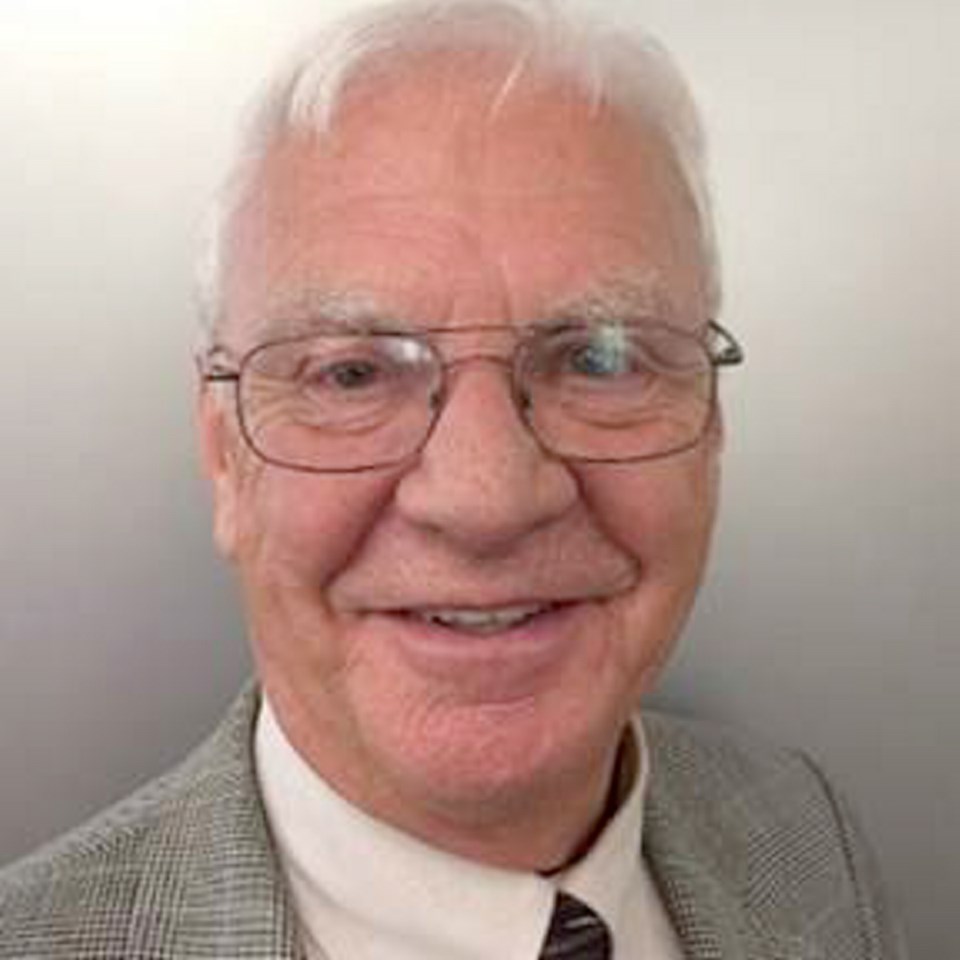Peace River South’s former MLA has responded to reports about his recent move from a Site C-focused consultancy for B.C. Hydro to the utility’s board of directors, saying there was nothing improper about it given his long history with the Crown corporation.
Jack Weisgerber was named to the Hydro board earlier this month. He previously served on the board between 2001 — soon after the former Socred and Reform Party leader stepped down from the Assembly — and 2007, when he left the board to become an independent consultant.
However, Weisgerber told the Alaska Highway News that he did not lobby for the opportunity to work as a consultant.
"The initiative came from (then-Minister of Energy and Mines, now Senator) Richard Neufeld and the B.C. Hydro board," he said. "It wasn't my initiative initially. When I negotiated my contract with them, what I wanted to do was devote my full energies to Site C."
According to Weisgerber, this meant taking on a larger responsibility at the B.C. Treaty Commission, as well as leaving the board.
"What I was looking to do was change my activities, change my focus to Site C and maintain basically the income level that I had achieved," he said.
The latest B.C. Hydro documents state that in fiscal year 2013, Weisgerber Consulting was paid about $135,000, part of about $750,000 that Hydro paid him over the past five years. That’s a fair bit more than he made (and expects to make) as a B.C. Hydro board member: a $15,000 annual retainer, plus up to $22,500 for attending meetings, plus certain expenses.
Earlier this year, a Federal-provincial Joint Review Panel evaluating the proposed dam, which could be built on the Peace River a few kilometres from Fort St. John, wrapped up with a very soft approval of the project.
"That signalled the end of the area where I could contribute to the project, so I decided it would be nice to go back to the board," said Weisgerber. "I would then have the opportunity to follow future developments of Site C as well as other fascinating topics."
Weisgerber agreed that his appointment would slow down his activities, and would mean that he wouldn’t be paid as much as his previous position. But Weisgerber also felt that the board would benefit from having someone from the Northeast help lead it.
“I think that B.C. Hydro has always looked for and benefitted from having a director from the Peace Region ... so you can bring some of the regional perspective,” he said. “Certainly over the last seven years working on Site C, I’ve had the opportunity to have many discussions with First Nations and community interests.”
However, this transition has caught the attention of several groups, including IntegrityBC, a government watchdog. IntegrityBC director Dermod Travis called it one of multiple cases of a “revolving door" between the public and private spheres, and said the move was “odd and of concern.”
"Depending upon the position you held both in the private sphere, public sphere, back and forth again, you may have a lot of public influence over a file that is going to be potentially extremely profitable for someone in the private sector – and then when you end up in the private sector, working for that type of company raises questions," he said. "There's just too much of it in B.C., going from cabinet offices, high-level public sectors, and back again. And even though B.C. Hydro's a Crown corp, it's one that works on private-sector principles."
Travis also expressed concern about any potential conflicts between advice that Weisgerber gave as a private consultant and advice given to him in his current role on the BC Board, as well as his previous work influencing the decisions he could make now that he has returned to working directly for the utility.
However, Weisgerber said that he was “able to be objective” when he sat on the board previously, and that he “continue[s] to have that objectivity.”
“If you look at the makeup of the BC Hydro board since 2001, particularly under the Liberal government, there has always been a strong private-sector flavour,” he said. “I mean, it really isn’t a public service function.”
“I’m not sure there’s broad concern around the appointment,” Weisgerber added. “I think the people of the Peace Region generally are well served by having someone who served on the board, who understands the issues of northern B.C., in particular northeastern B.C.”



